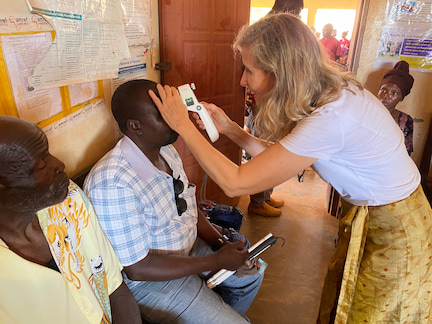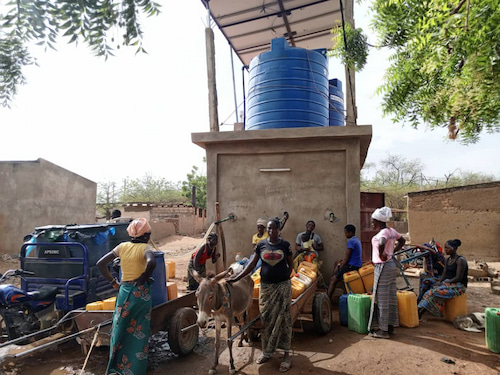Sub-Saharan Africa faces one of the highest cervical cancer incidence and mortality rates in the world, according to a recent report presented by Fundación Recover, entitled "Cervical cancer and the role of the Recover Foundation in its prevention and treatment in Cameroon".. This document sets out the scale of the problem and the measures needed to combat it in one of the most affected regions of the world.
Cervical cancer is the most common cancer among African women and accounts for more than one-fifth of all cancer cases in the region. Its incidence is closely linked to human papillomavirus (HPV) infection, a sexually transmitted disease that affects one in five women in Africa, compared to only 10% globally.













